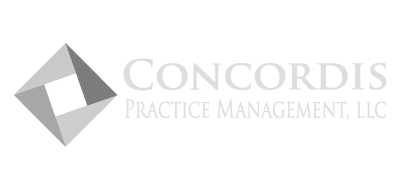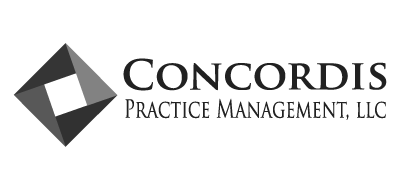
Complying with your Medical Billing Compliance Plan
You may recall our blog from August 16, 2016 titled “The Importance of a Coding Review”, where we discussed the Office of the Inspector General (OIG) has taken a higher focus on medical practices that have an active compliance plan. If you are the Compliance Officer for your practice, following these steps may prevent you from having the new title of “Chief Jailable Officer (CJO)”.
The first quarter for 2017 has ended. Did your medical practice comply with your Medical Billing Compliance Plan? Did your Compliance Committee meet and discuss professional fee billing and coding? Did your practice review the “hotline” log to review the types of phone calls to determine if there were any trends? Did your practice conduct an internal or external billing and coding audit?
Unlike compliance plans that in the past that were developed and perhaps placed on a bookshelf or in a file, practice managers should regularly be reviewing their Medical Billing Compliance Plan to ensure they are following the intent of the Plan. Now is the time to review the effectiveness of your Medical Billing Compliance Plan, and revise the Plan if your practice has added new services since the initial Plan was developed.
One of the key elements for of your compliance plan is to train and educate your staff. The training should vary based on the duties and responsibilities of the employee. The Medical Assistant may not need the same level of training as the Front Desk and Billing staff.
Identify high risk areas in billing and coding, such as surgical procedures and durable medical equipment. If your practice bills for Durable Medical Equipment (DME), discuss the support documentation that should be available if the practice is audited. Do you provide Medicare beneficiaries with an Advanced Beneficiary Notice (ABN) prior to charging the patient for a non-covered service? Other areas of concern are misusing modifiers, unbundling codes, and up-coding.
Another key element for successful billing and coding is an audit, which is also a key component of the Medical Billing Compliance Plan. Whether the audit is conducted internally, or externally, the audit should focus on various CPT and ICD-10 codes, such as Evaluation and Management CPT Codes and Surgical Codes. If your billing staff is not large enough to support an internal audit, we recommend using a billing company or consulting firm that employs Certified Professional Coders (CPC) or a Certified Professional Medical Auditor (CPMA). Concordis Practice Management, LLC can assist your practice with drafting or reviewing your Medical Billing Compliance Plan or with an external audit. Contact us today at 210-704-1014 to see how we can help.
Sources:
http://www.physicianspractice.com/pearls/your-medical-practice-compliance-plan
http://bok.ahima.org/doc?oid=91927#.WO-kmaLatGM
http://www.bmdllc.com/2016/08/time-update-complianace-plans/
https://oig.hhs.gov/authorities/docs/physician.pdf
http://www.lilesparker.com/2014/07/30/importance-of-having-a-healthcare-compliance-plan/



No Comments